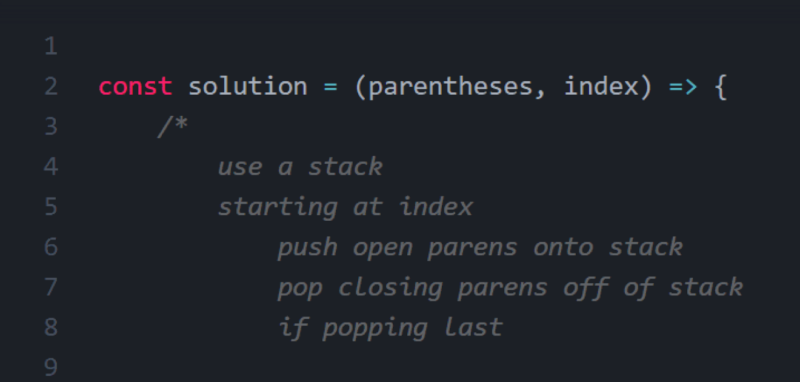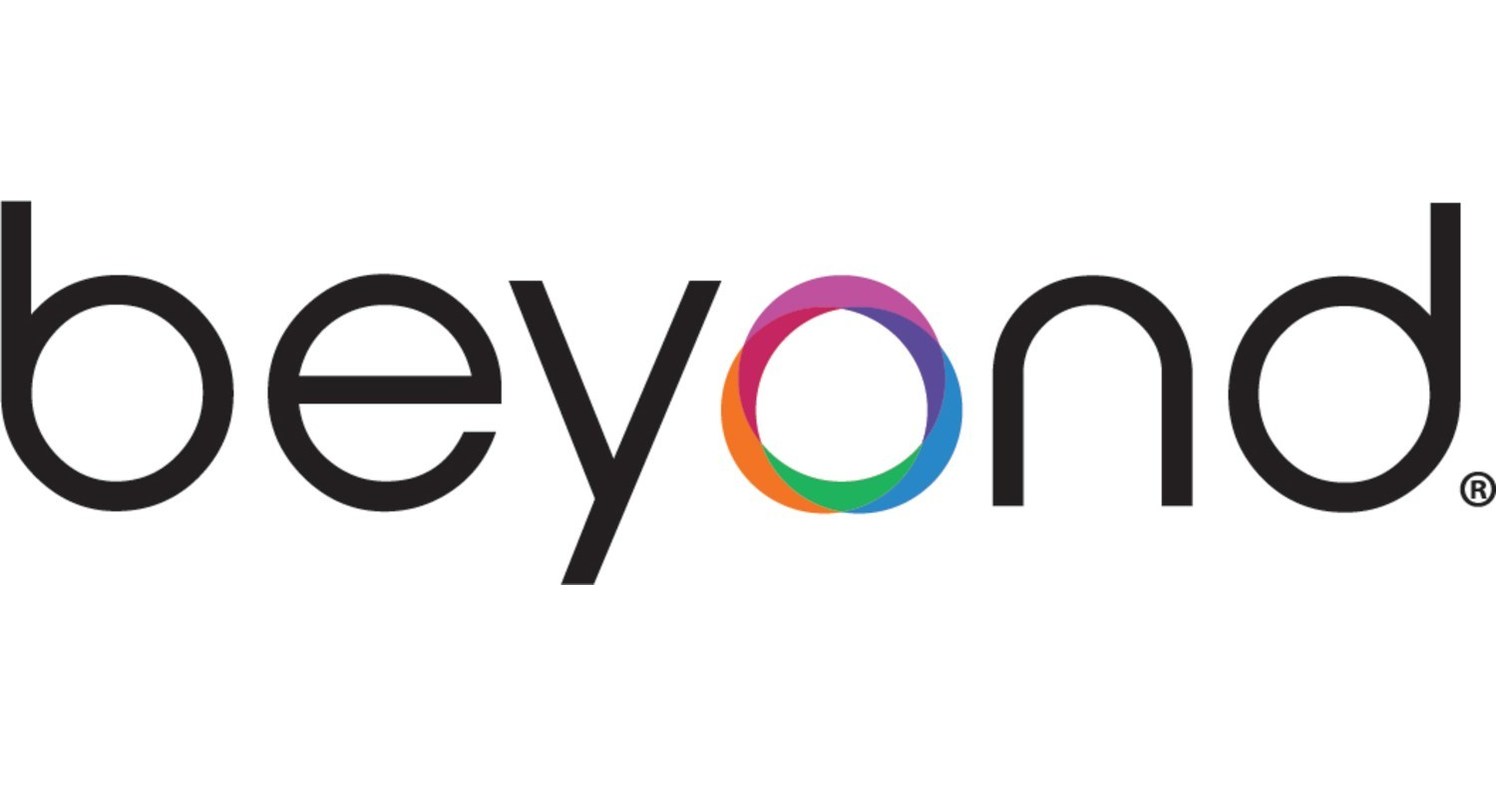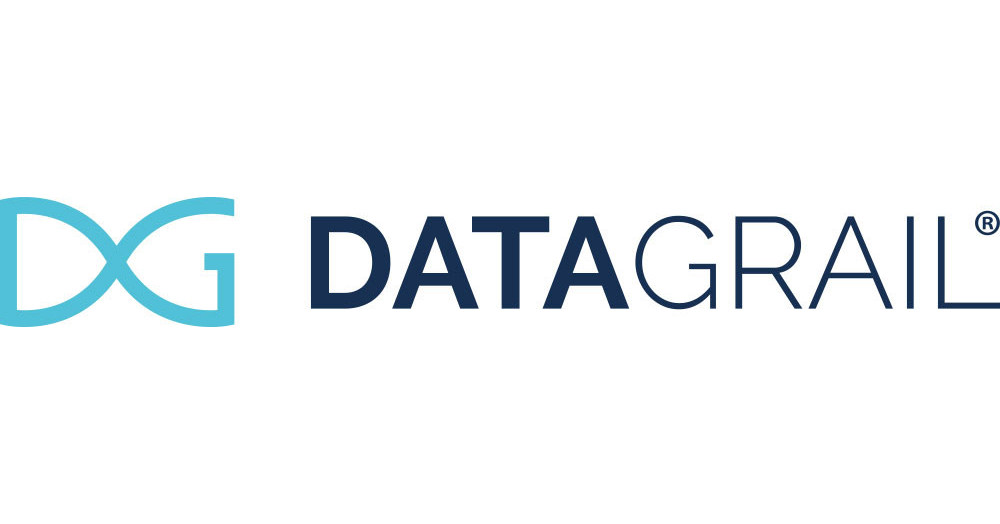Tech Skill
Ruby on Rails Skills
All about Ruby on Rails
Created by David Heinemeier Hansson, Ruby on Rails, or Rails, is a web framework written in the Ruby programming language. It jumped onto the scene with the now famous “Build a Blog in 30 Minutes” video and democratized building websites using server-side rendered HTML.
Hansson created it in 2004 to optimize developer productivity and emphasize convention over configuration. This means developers can follow a set of conventions to streamline development and focus on building features rather than configuring settings.
At its core, Ruby on Rails follows the Model-View-Controller (MVC) architectural pattern, which promotes the separation of concerns and the organization of code into distinct components. Rails comprises several components including ActionView, ActionController, ActionCable, ActiveRecord, ActiveSupport, etc.
Hired platform data named Ruby on Rails as the third hottest programming skill in 2023. In this context, ‘hottest’ means the employer demand for expertise in this skill is greater than the supply of talent with it. Therefore, engineers experienced in this language receive 25% more interview requests compared to the marketplace average.
What developers use Ruby on Rails for
Ruby on Rails is a versatile framework used for a wide range of web development projects:
Web Application Development
Ruby on Rails excels at building web applications of all sizes, from simple blogs to complex enterprise solutions. Its emphasis on convention over configuration and its robust set of built-in features make it an ideal choice for rapid development.
E-commerce Platforms
Many e-commerce platforms, including Shopify, were built using Ruby on Rails. Its flexibility, scalability, and wealth of plugins and extensions make it well-suited for building online stores and marketplaces.
Social Networking Sites
Ruby on Rails provides the tools and frameworks necessary to build feature-rich social networking sites, complete with user authentication, messaging, and content-sharing functionalities.
Content Management Systems (CMS)
With its intuitive admin interface and flexible data modeling capabilities, Ruby on Rails is often used to develop custom content management systems that allow users to create, edit, and publish content easily.
API Development
Ruby on Rails can also be used to build robust APIs (Application Programming Interfaces) that allow different systems to communicate with each other. Its support for RESTful principles and its strong focus on developer productivity make it a popular choice for API development.
Companies of all sizes use Hired to find engineers with Ruby on Rails skills
What is a Ruby on Rails developer?A Ruby on Rails developer is a skilled software engineer who specializes in using the Ruby on Rails framework to build web applications. Beyond just writing code, a Ruby on Rails developer is proficient in understanding and applying Rails conventions, designing scalable and maintainable architectures, and collaborating effectively with other team members.
Here’s what it means to be a Ruby on Rails developer:
- Proficiency in Ruby: A Ruby on Rails developer is fluent in the Ruby programming language, including its syntax, object-oriented principles, and idiomatic expressions.
- Mastery of Rails: A Ruby on Rails developer has a deep understanding of the Rails framework, including its MVC architecture, ActiveRecord ORM (Object-Relational Mapping), and ActionPack for handling web requests and responses.
- Frontend development skills: While Rails primarily focuses on backend development, a Ruby on Rails developer often has experience with frontend technologies such as HTML, CSS, and JavaScript to build user interfaces and enhance user experience.
- Database management: Ruby on Rails developers are proficient in working with databases, including relational databases like PostgreSQL and MySQL, as well as NoSQL databases like MongoDB.
- Problem-solving abilities: Ruby on Rails developers are adept at solving complex problems and troubleshooting issues that arise during the development process, whether optimizing performance, fixing bugs, or implementing new features.
As we look ahead to 2024, the web development landscape continues to evolve, and Ruby on Rails developers need to stay ahead of the curve.
- Proficiency in Ruby on Rails: A deep understanding of the Rails framework, including its latest features and best practices, is essential for building modern and maintainable web applications.
- Knowledge of frontend technologies: Ruby on Rails developers should have a solid understanding of frontend technologies such as HTML, CSS, JavaScript, and frontend frameworks like React or Vue.js to build responsive and interactive user interfaces.
- API development: With the rise of microservices architectures and the increasing importance of APIs, Ruby on Rails developers should be proficient in building RESTful APIs using Rails and integrating with third-party services.
- DevOps skills: Ruby on Rails developers should have a basic understanding of DevOps principles and tools, including version control systems like Git, continuous integration and deployment (CI/CD) pipelines, and containerization technologies like Docker.
- Test-driven development (TDD): Ruby on Rails developers should be familiar with test-driven development practices and tools like RSpec and Capybara for writing automated tests to ensure the reliability and maintainability of their code.
Ruby on Rails resources
Check out our resources to continue sharpening your Ruby on Rails skills.
Hired profiles help developers showcase their top tech skills
After passing Hired skills assessments, candidates have the chance to showcase their skills to employers. They can opt to present an ‘Assessments’ badge on their profile. Candidates may take various assessments including Programming Skills, Full Stack, Backend, Frontend, iOS, Android, Debugging, Dev Ops Generalist, and Dev Ops AWS.
Find Ruby on Rails jobs on Hired.
Hiring Ruby on Rails developers can bring numerous benefits to your organization:
- Rapid development: Ruby on Rails’ emphasis on convention over configuration and its extensive set of built-in features allow developers to build web applications quickly and efficiently, reducing time-to-market.
- Scalability and maintainability: Ruby on Rails’ modular architecture and adherence to best practices make it easy to scale and maintain web applications as they grow in complexity and user base.
- Strong community support: Ruby on Rails has a vibrant and supportive community of developers who contribute to open-source projects, share knowledge, and assist in online forums, meetups, and conferences.
- Access to a wealth of libraries and gems: Ruby on Rails developers have access to a vast ecosystem of libraries and gems (Ruby packages) that can accelerate development and solve common challenges, from authentication and authorization to payment processing and geolocation.
- Flexibility and customization: Ruby on Rails’ flexibility allows developers to customize and extend the framework to meet the specific needs of their projects, whether it’s integrating with third-party services, implementing complex business logic, or building custom features.
Looking for candidates skilled in Ruby on Rails? Technical assessments are a multi-pronged solution. They allow you to streamline the hiring process and reduce bias with tech skill-focused benchmarks.
Hired Assessments offer a library of hundreds of questions and customizable challenges tailored to technical preferences. See how Mastercard and Axon used Hired Assessments to vet top candidates.
Hired also provides coding challenges, which give employers exclusive access to candidates who pass custom technical assessments. Learn more about how to accelerate technical hiring with these challenges.
Resources you’ll love

How to Use Coding Challenge Events to Build Tech Talent Pipeline
About this eBook Today’s recruiting and hiring teams face multiple challenges, from low brand...

Need A Technical Assessments Do-Over? How To Assess Tech Skills
Technical interview alternatives for better skill-based hiring outcomes In today’s...

How Many Candidates Should You Interview for a Job? Hiring Best Practices
A lot of hiring managers ask, “How many candidates should you interview for a job?” What the...






